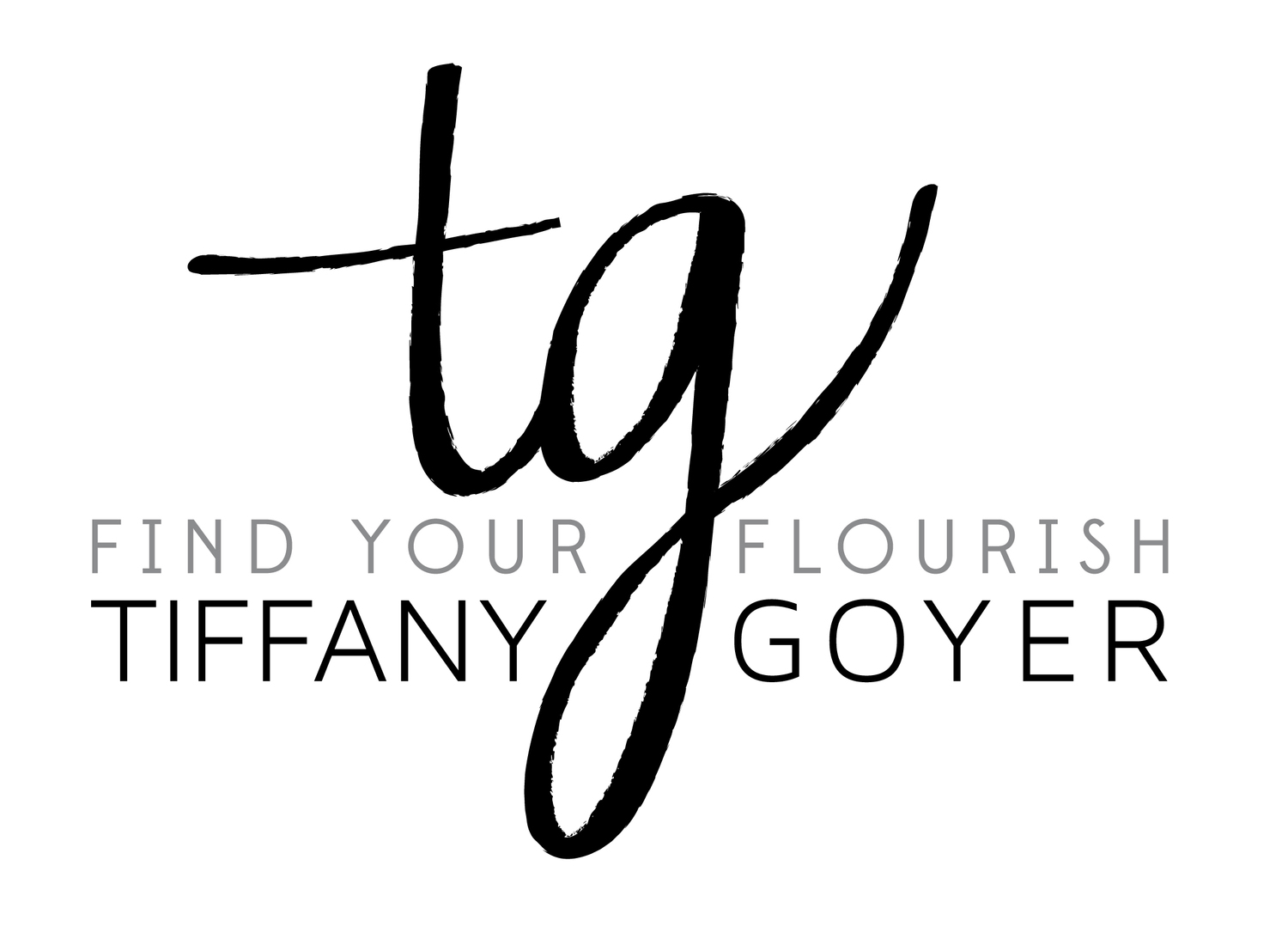We’ve talked a good bit about expressions of anger recently, including hiding and exploding, and it seems at least two things are certain:
We will all experience anger and handle it in various ways throughout life.
It’s almost always a red flag that something needs attention.
Has anyone ever said CALM DOWN to you when you’re mad? Did that tip you over the edge and make things even worse? In the moment, you simply can’t hear it.
But when we’re angry, the goal really is to soothe ourselves, so let’s talk about it now while we’re not mad, so we can process it and be better prepared when we get riled up.
Time helps tremendously. Taking a break, sleeping on it, giving yourself some space, deep breathing, counting, distraction—whatever works for you to put time in between the trigger of your anger and the present moment.
You can take a walk, draw a bath, clean the refrigerator, punch a pillow…just make sure that whatever it is you do to pass the time decreases your anger, instead of pissing you off even more.
Anger is a golden opportunity to learn about yourself, pay attention, and get creative about solutions. Brainstorm all the ways you can solve the issue(s). Sit with the list for a while. Let your unconscious work on the puzzle—you’ll be surprised at what pops up.
Another way to “keep peace” is to be mindful of defensiveness—either yours or theirs. It’s natural, instinctual, and ever-present.
But if you can watch for it in your interactions…catch it before you react…you can discharge the tension that leads to fighting. You’re not in danger, even if you feel that way, so let down that guard.
At first, you’ll probably only be able to notice your defensive responses after the fact, as you “debrief” a situation. But then you can start to notice in the moment. You can stop yourself before reacting and just acknowledge to yourself that you’re feeling defensive.
Defensiveness, just like anger, is a red flag that something needs attention (and that you’re feeling attacked). Given proper space and mindfulness, it can be a powerful tool to achieve harmony and balance in any relationship.
Defensiveness blocks healthy communication. Try to listen to what is being said to you in a way that is not so personal. I know that can be hard, but give it a try. Think, “this actually has nothing to do with me and everything to do with my partner.” Know that what the other person is communicating to you is not so much about YOU but about them, their thoughts and feelings and wishes based on their programming from childhood.
Until the age of 8 we download all of the important world views, modeling, and experiences we’ve seen our important role models at home, school, etc., do. So, we are all interacting with each other from this programming. We can get triggered easily. So, remember not taking it so personally can really help you to avoid engaging in defensiveness yourself or reacting to another person’s defensiveness.
The benefit is that you get to stay steady in the eye of the storm. You do not get pulled in and spun around and waste time in a back and forth argument. Instead, you feel empowered, you can say your peace, listen to someone else’s and move on with your day and time confidently. You don’t even have to feel annoyed by what’s happening if you remember it’s not about you. Good luck.
This can change your life! And don’t forget to identify “what’s the red flag for you, if any?” In some cases, it brings up a feeling of codependency and ingrained behavioral partners of people-pleasing, wanting to be right, and wanting others to always think positively about you. But you get to think positively about you no matter what another person says and does. You are the final say in who you are. No one else can define you but yourself. Even if you decide you made a mistake, so what? You are human. You will make mistakes and that does not make you any less lovable, so learn from it and move on. Stay empowered.








